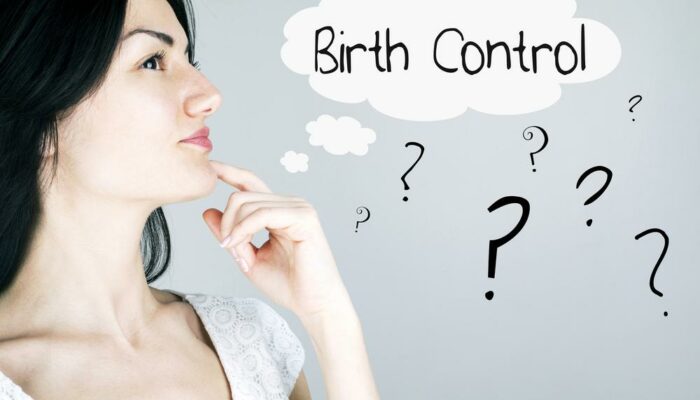
Symptoms of Renal Cell Carcinoma
Renal cell carcinoma is a cancer of the kidney cells. Cancer, or carcinoma as it is medically known, is an uncontrolled production of cells. Normally, cells in all parts of the body are replaced at a regular rate by the production of new cells. Cancer is when this rate of production exceeds the rate of cell death.
The exact cause of renal cell carcinoma is not clear; however, there is strong proof that it runs in families. Other risk factors include smoking, obesity, chronic kidney conditions, and a hepatitis C infection.
The tumor starts to form in one of the kidneys, often as an isolated lesion, and then spreads to other parts of the kidney, and maybe even both the kidneys. There are no specific symptoms that are attributed to renal cell cancer per se . The symptoms are a combination of any cancer in general and of the kidney disease.
Symptoms of cancer include the following.
- Generalized lethargy
- Anaemia
- Weight loss that is often unexplained
- Tiredness
- Lack of appetite
- Fever, chills, and malaise
Symptoms relating to kidney disease include the following.
- Pain in the lower back or in one side of the belly. Such pain is often one-sided unless there is a lesion in both kidneys
- A lump or mass in one or both sides of the lower back or the belly
- Pain during urination
- The urgency to urinate
- Increase in the number of visits to the bathroom
- Increase in blood pressure
- Increase in the levels of calcium in the blood
Identifying a pattern to these symptoms can point to a likely early diagnosis. When you go to the doctor with these symptoms, he might ask additional questions. Following are the usual questions a doctor would ask in such a situation:
- What makes the pain worse or better?
- When does the pain appear?
- Has the urine changed in terms of color or appearance?
- Is the urine cloudy?
- Do you feel that you are able to empty your bladder fully?
- Do you experience pain during sex?
- Is there a family history of cancer in general or renal cell cancer?
- Have you had a history of hepatitis C?
- Have you had history of high blood pressure?
- Have you used pain-relieving medicines for long periods of time?
These questions can lead the doctor to perform further tests that can help determine whether you indeed have renal cancer. As noted earlier, the symptoms are a combination of general cancer symptoms and general kidney disease problems, be it stones or an infection.
Although the lack of symptoms makes it difficult to diagnose renal cell cancer in the early stages, doing so has many advantages. It can help in arresting the spread of the tumor to the rest of the kidney, to the other kidney, and to the other parts of the body. This translates to a minimally invasive treatment that may even be just surgically removing the complete tumor or even one kidney. This in turn results in far better prognosis and an improved overall quality of life for the person.
Interested in more articles about Wellness ? Explore them here. Keep yourself updated with fresh content by liking us on Facebook or subscribing to our Newsletter.
If a daily dose of fantastic images related to Women’s Lifestyle gets you going, follow us on Instagram .




